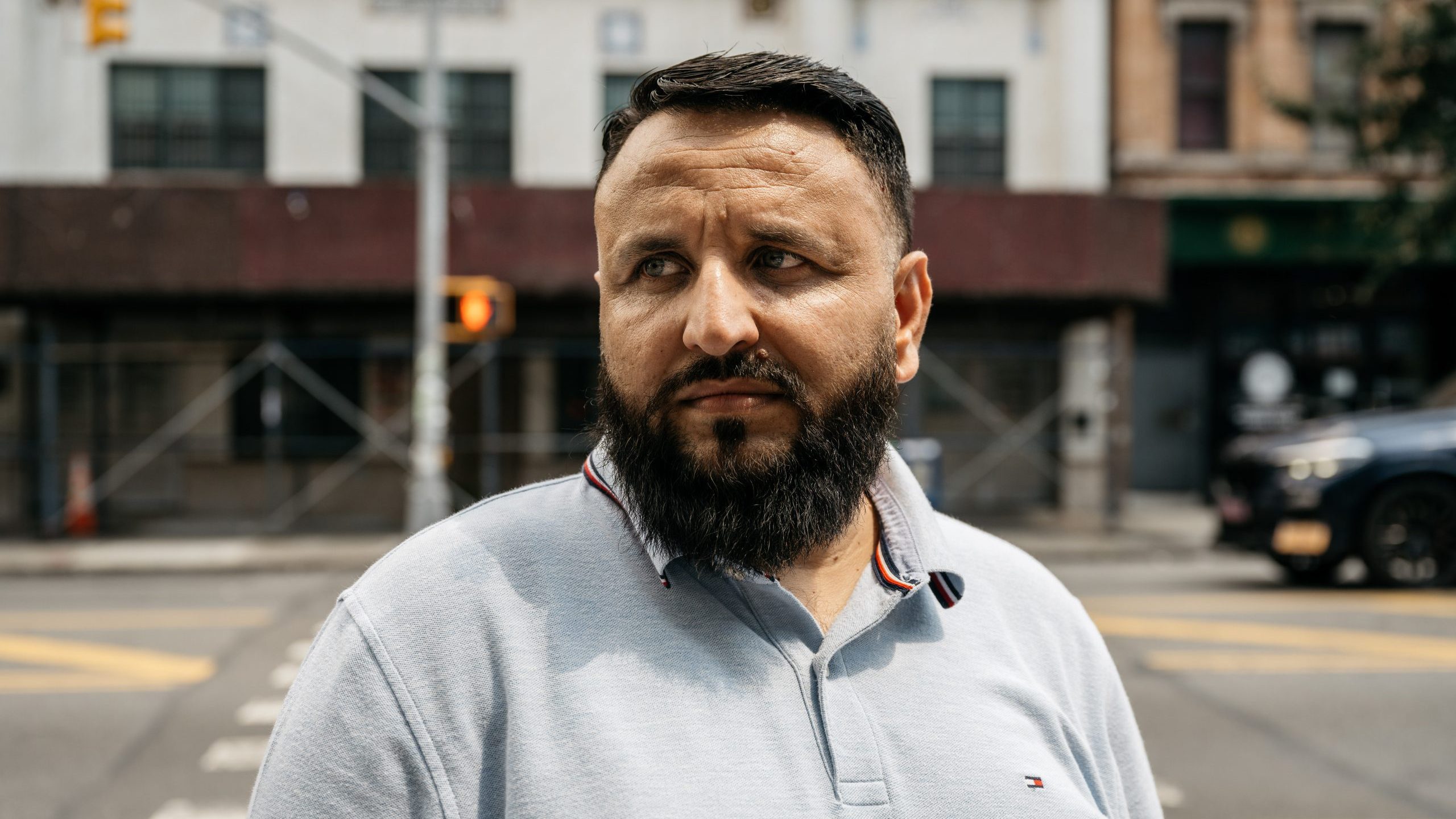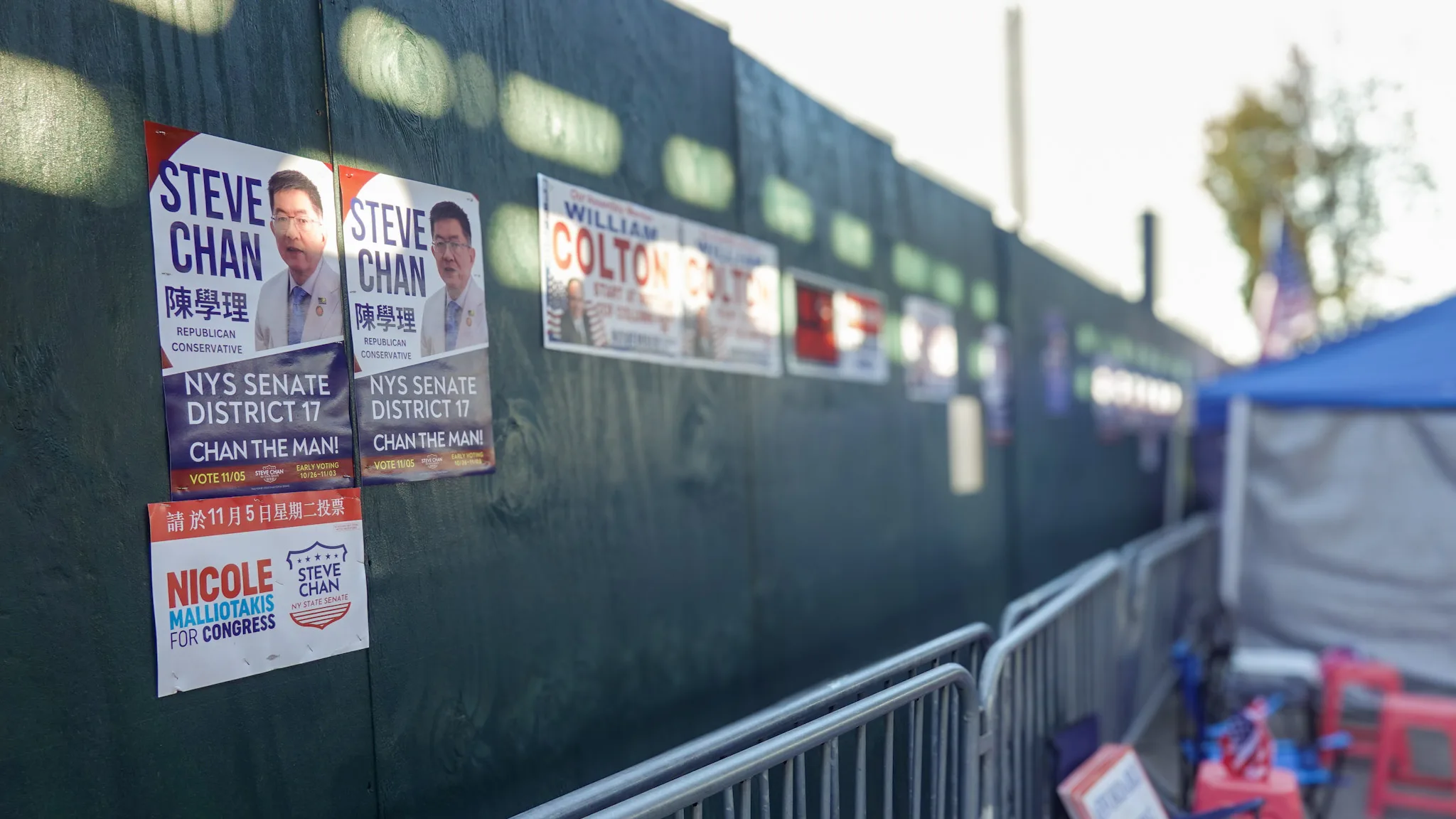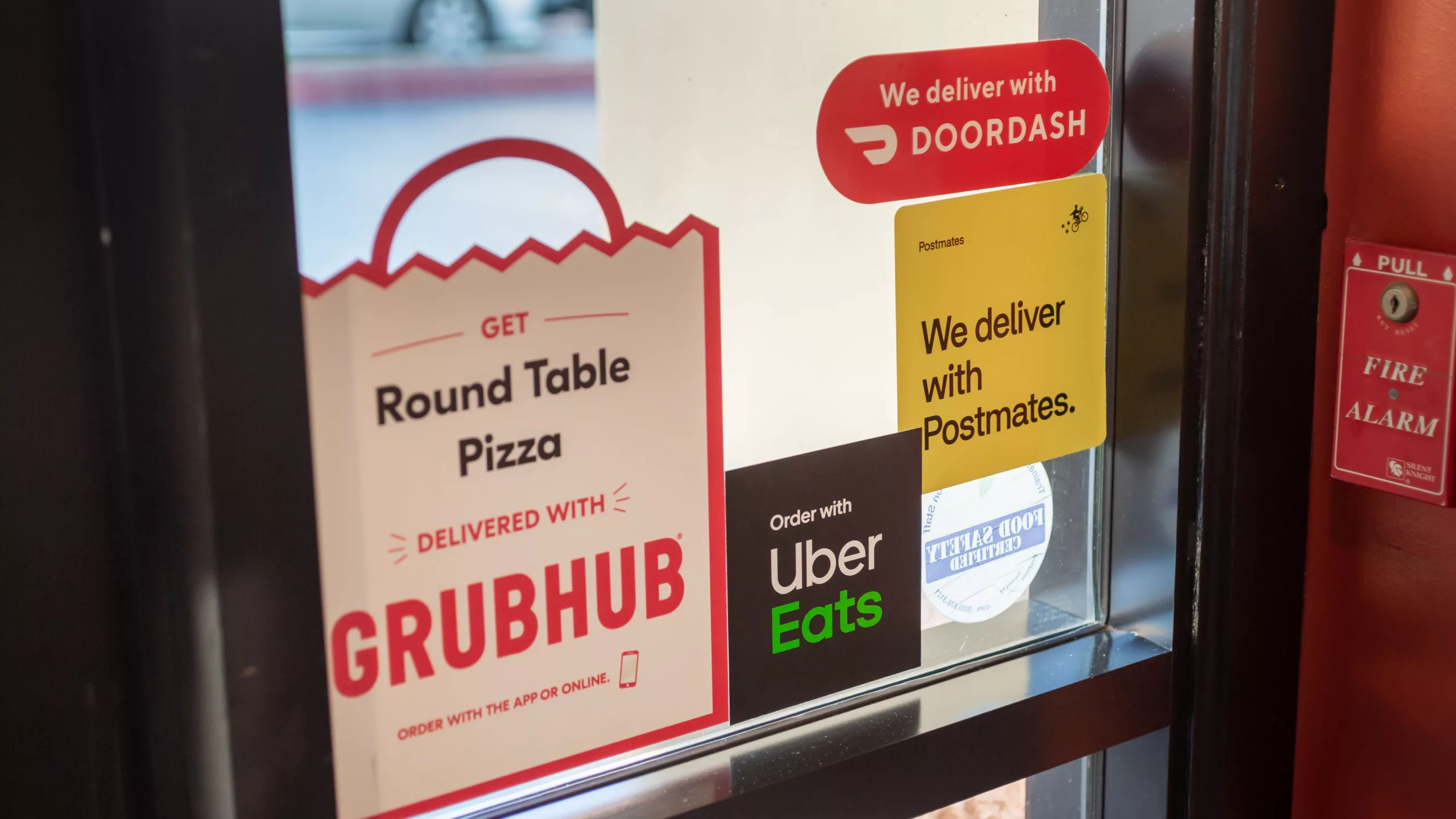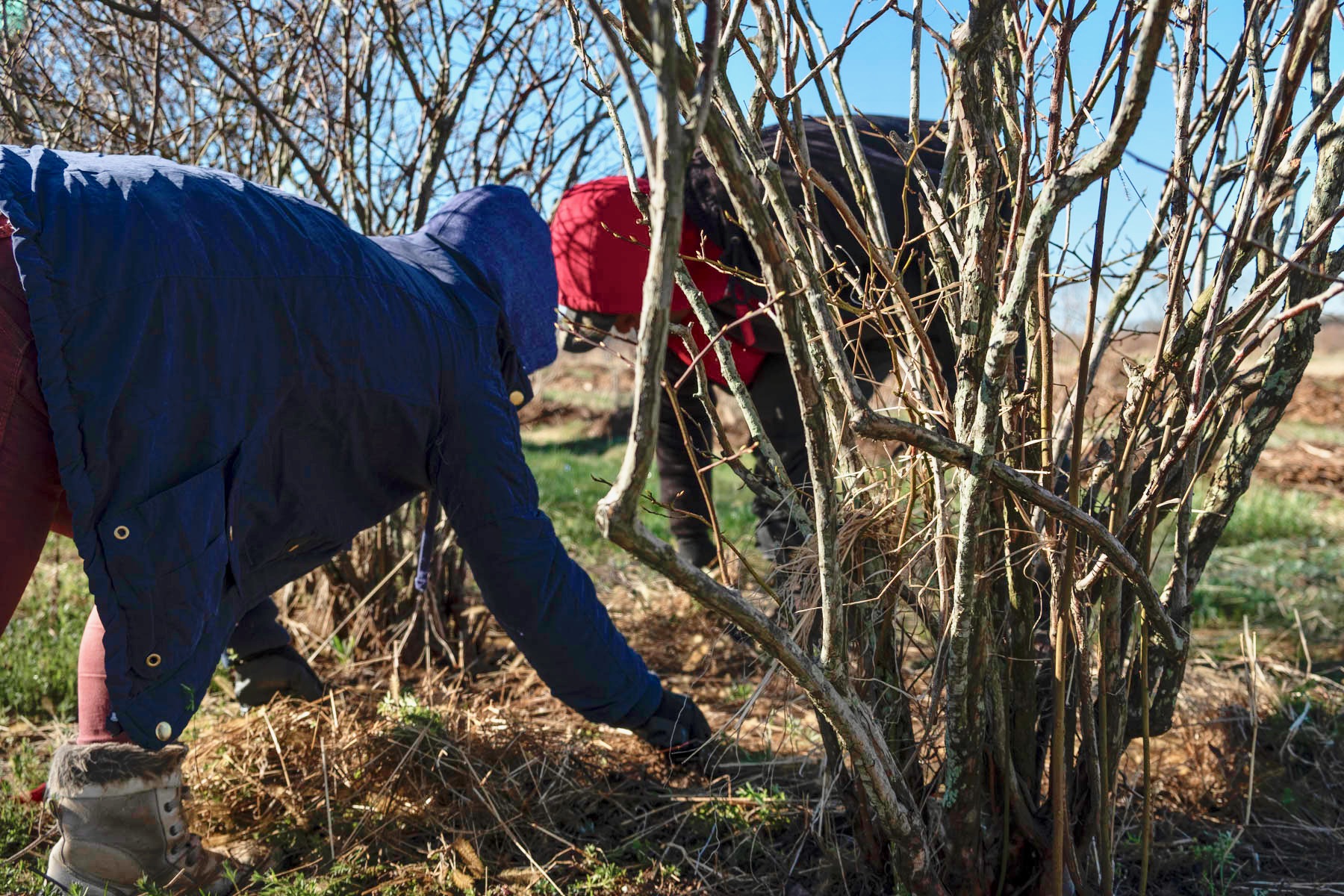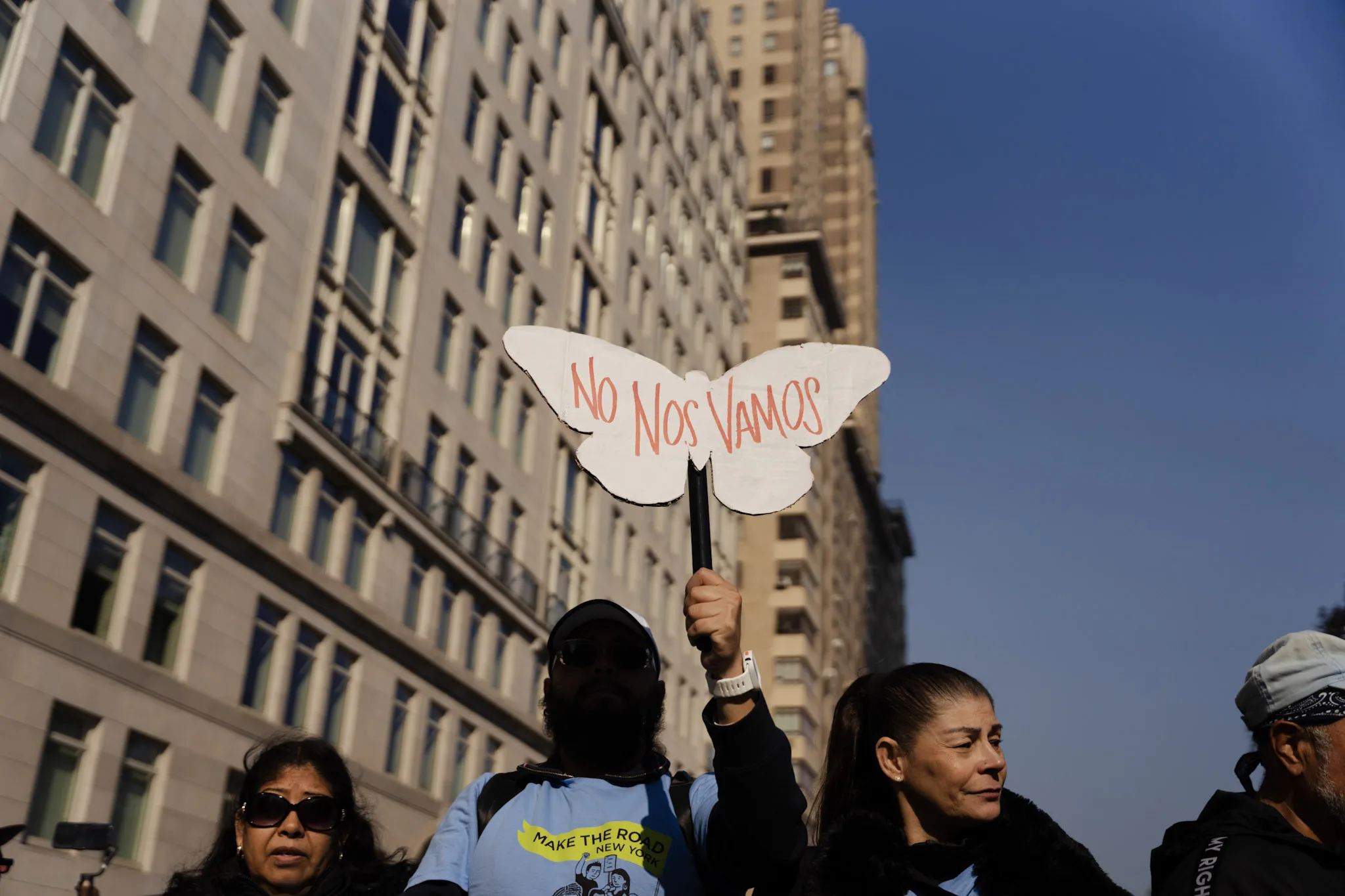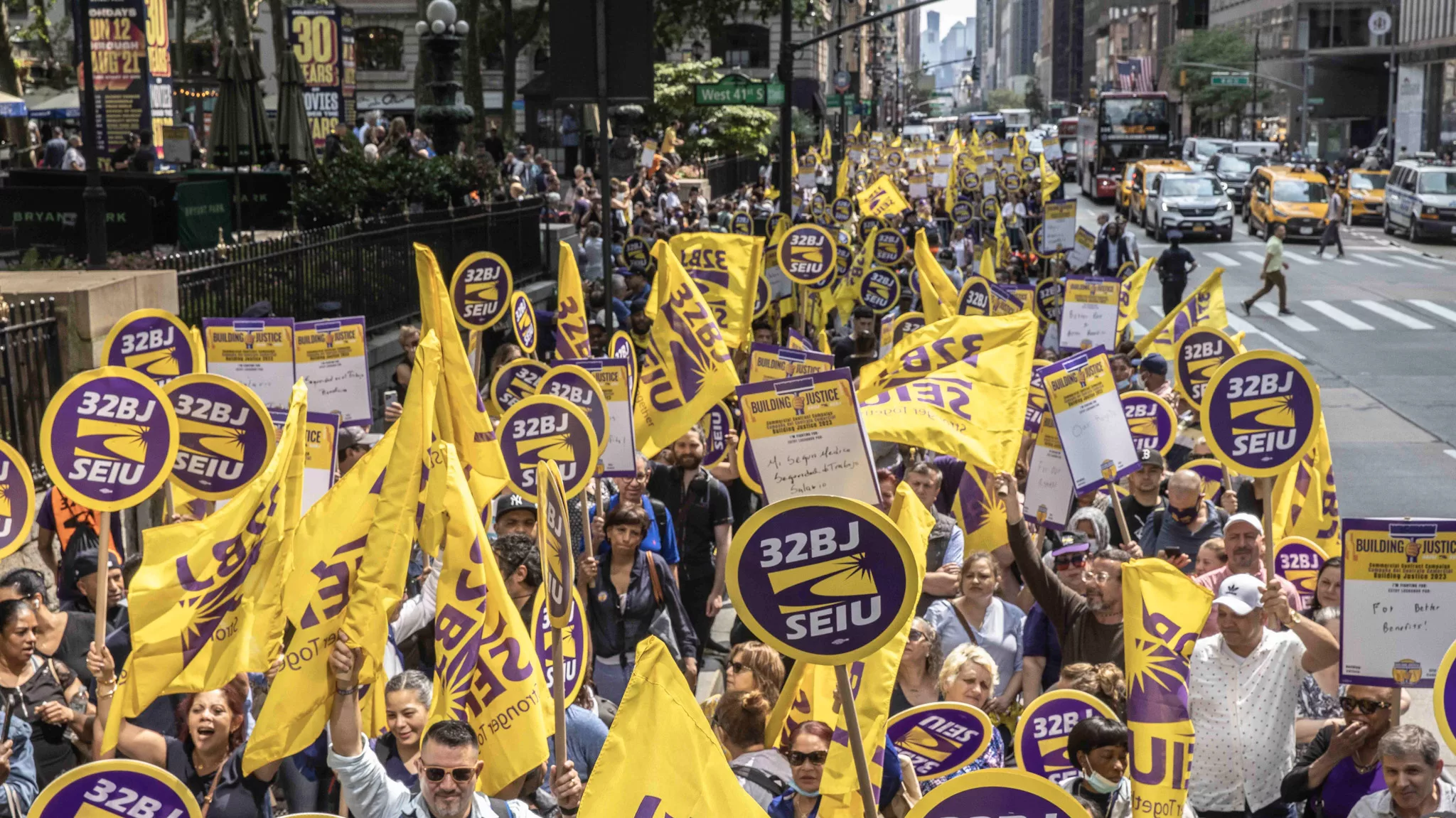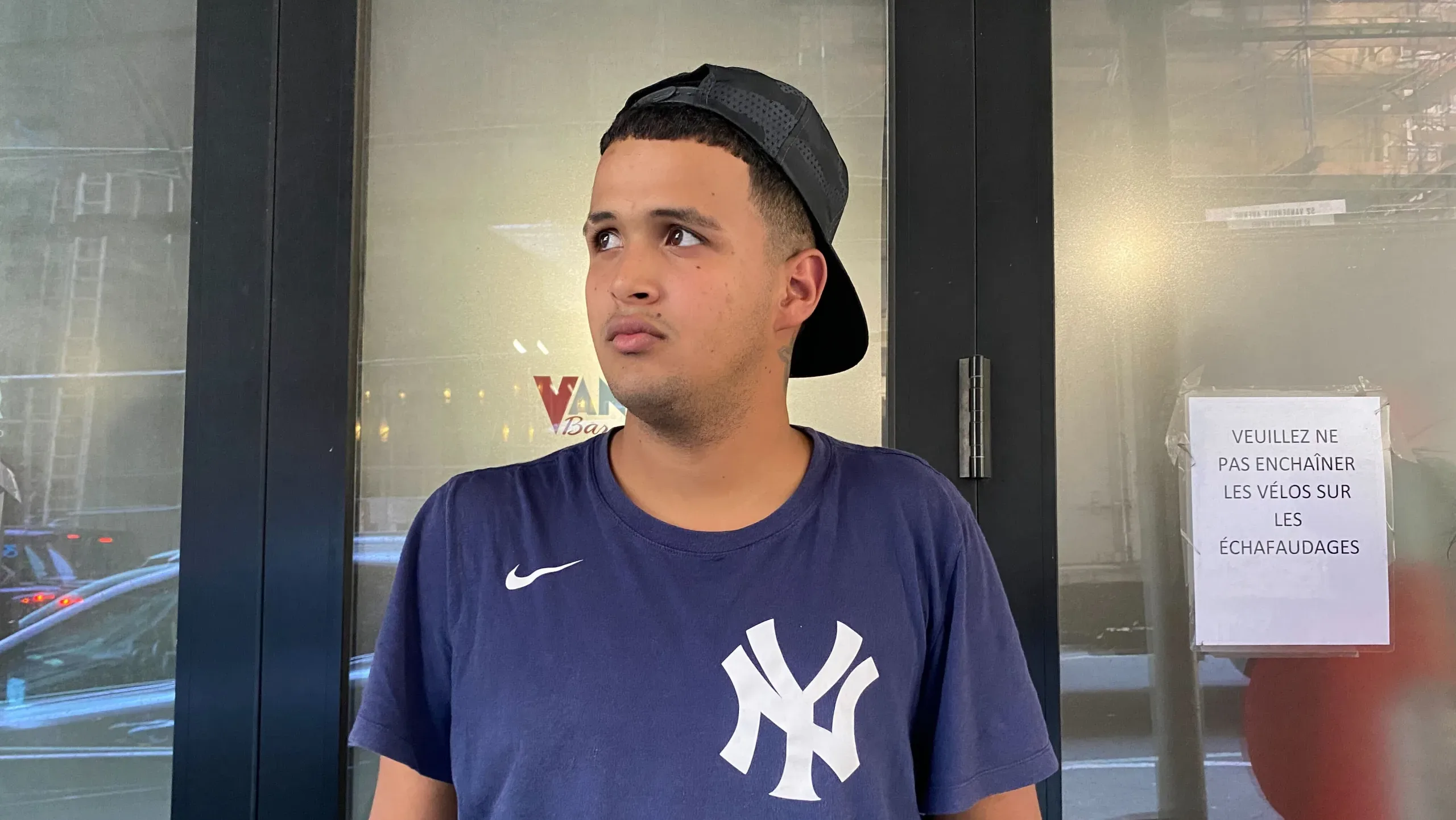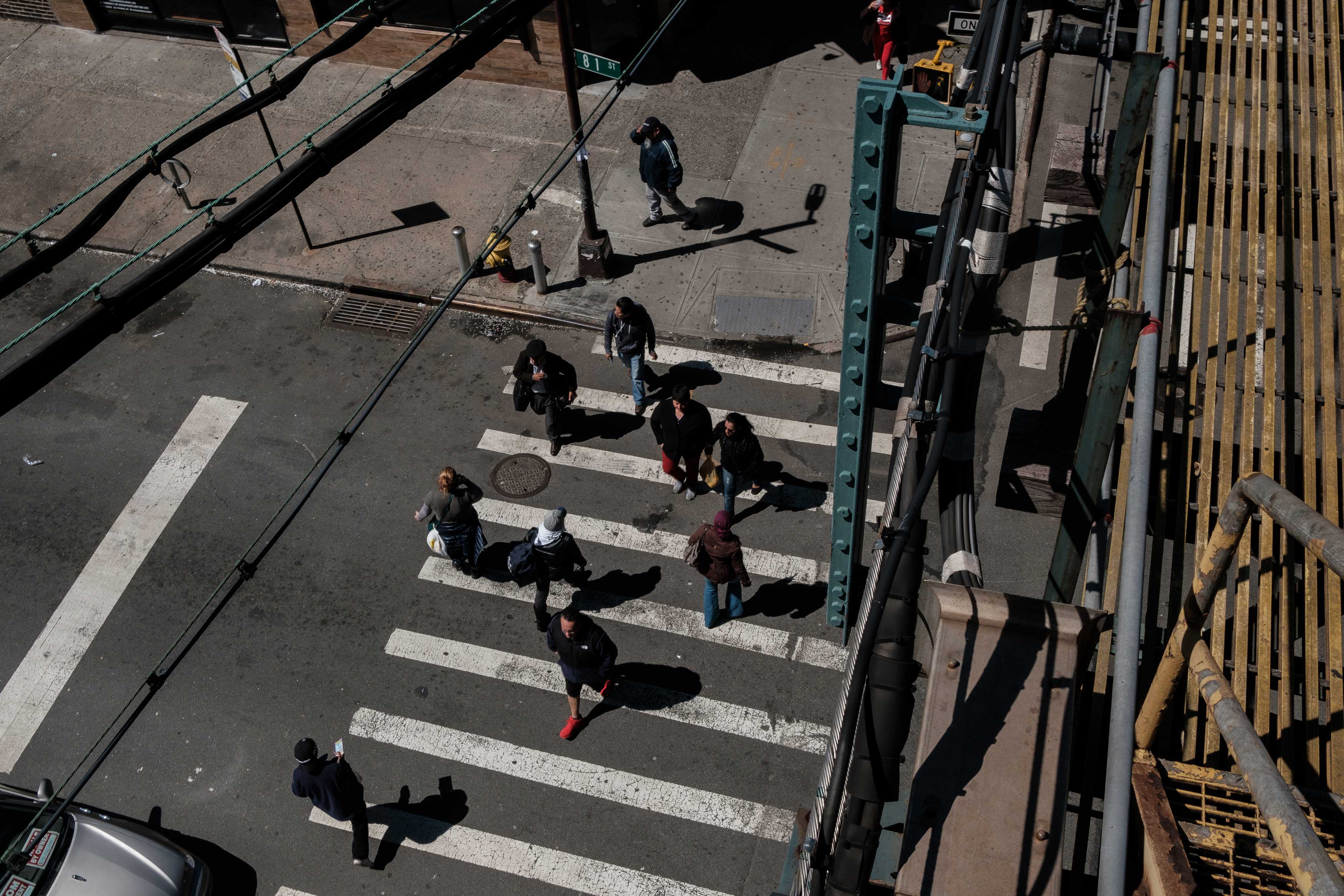This piece was published in a partnership between Documented and THE CITY.
Ishtiaq Ahmed, a Pakistani-American taxi driver from Brooklyn, says his license was suspended and his livelihood interrupted after police framed him for an assault that never happened and arrested him inside of his mosque to get back at him for enforcing social distancing guidelines there.
Less than three months after his arrest in June of 2021, Brooklyn prosecutors dropped the case for lack of evidence, and now the 41- year-old, whose taxi license was suspended while he was facing charges, is suing the NYPD in federal court and demanding unspecified compensation and punitive damages for the upheaval his arrest caused him and his family.
“I don’t think I can live [in] this country [if] this is happening. I don’t think I can grow my kids in this country,” Ahmed said in an interview with THE CITY. “I hope so we can get justice from the court. That’s the only hope right now.”
The arrest — from a community affairs officer who is still working at the 70 Precinct and who’d been previously disciplined on two separate occasions for issues related to charges or summonses she’d brought or processed — prompted Makki Masjid, a faith community in Brooklyn’s Little Pakistan that has been surveilled by the NYPD since the department launched its post-9/11 Muslim spying program, to publicly cut ties with the NYPD and bar uniformed officers from entering the mosque, as Documented previously reported.
“What this instance with Makki Masjid shows us is that the community had Ahmed’s back, and has Ahmed’s back,” said Shahana Hanif, a Brooklyn city council member who has publicly taken the NYPD to task for downplaying its surveillance of Muslim New Yorkers and who is the first ever Muslim woman elected to the Council.
Hanif praised the mosque’s decision to sever its relationship with the NYPD, calling it “a really powerful testament to the kind of future we need to be calling for in New York City, one that is calling out surveillance and also calling out police violence.”
The NYPD declined to comment on the incident, citing pending litigation.
“I Have Always Fear In My Heart”
Ahmed’s ordeal began one day last June while he was serving as a volunteer at the Makki Masjid in Midwood, directing congregants coming in for Friday afternoon prayers to different parts of the facility to avoid overcrowding and comply with COVID social distancing rules.
That day, a few community members attempted to enter the mosque’s first floor alongside two NYPD officers who were there to make an announcement, security footage shows. Concerned about the number of people on the first floor, Ahmed allowed one NYPD Deputy Inspector to enter, but then closed the door and attempted to redirect the other officer and other congregants to a second floor prayer room, according to the civil complaint filed by Ahmed in the federal Southern District of New York court last Tuesday.
That officer, Natasha Moseley-Jones, eventually got into the space on the first floor, but confronted Ahmed afterwards about why he hadn’t let her in, according to the suit.
“I said, ‘That’s not my rules, we’re following the city policy,” Ahmed recalled in an interview with THE CITY. “She’s a little bit angry with me.”
Then the officers left and, as far as Ahmed knew, their argument was over.
But that afternoon, Moseley-Jones filed a police report against the taxi driver claiming that another congregant had reported that Ahmed had “grabbed” his arm and “shoved him out of the mosque” as the man was attempting to go inside to pray, police records show.
Three weeks later, NYPD officers walked into the mosque while Ahmed was on another volunteer shift and put him in handcuffs. The cab driver spent the night in central booking, and was eventually charged with third-degree assault.
Ahmed, who says he has never been arrested before, got out the next morning to find his family traumatized.
“My wife [was] saying, ‘Whole day, we were sitting for the prayer and whole day I was crying. And my small daughter, she’s seven year old, she was every hour she gets up and crying.”
In less than three months, the case fell apart. The mosque provided Voice of South Asia, an ethnic media outlet, with CCTV footage which shows Ahmed closing a door on several people, including Moseley-Jones, but not assaulting anyone.
And the alleged victim who went to police, Adil Khan, told Voice of South Asia, “The only thing that happened was that we had an argument and he never touched me or beat me,” according to the suit
On September 2, the Brooklyn District Attorney’s Office dropped the case. But by then, Ahmed had lost weeks of work because of the suspension of his taxi license and fallen behind on rent – a debt he says he is still trying to make up more than a year later.
Ahmed says he has struggled to sleep and been wracked with anxiety since his arrest. He says his heart rate goes up whenever he sees an NYPD car outside, limiting his ability to work the 10- to 15-hour days that he used to.
“My heart is weak,” he said. “I have always fear in my heart like they do something wrong with me again.”
A History of Questionable Paperwork
NYPD’s online personnel dashboard shows that she is still a member of Brooklyn’s 70th precinct where Makki Masjid is located.
But internal Brooklyn District Attorney records show that Ahmed’s arrest is not the first time that questions have been raised about Moseley-Jones’s paperwork and attitude.
In 2008, she was docked five vacation days for giving an individual a summons without conducting an investigation.
In 2014, she lost 15 vacation days after pleading guilty in an NYPD investigation to discourtesy and insubordination for two altercations with the same sergeant, including an argument about an error in paperwork for an arrest that Mosely-Jones was processing. The error would have resulted in a defendant being overcharged.
THE CITY attempted to contact Moseley-Jones, including through her union, the Police Benevolent Association, but did not hear back.
Ahmed’s arrest is not the first time Makki Masjid has been on the NYPD’s radar.
Confidential NYPD documents, obtained by the Associated Press as part of its blockbuster investigation into the department’s massive post 9-11 Muslim spying program, show that the NYPD specifically monitored sermons at Makki Masjid.
In one intelligence bulletin from 2006, the NYPD documented how an imam at the mosque spoke about Danish cartoons mocking Muslims. As those cartoons triggered deadly protests abroad, the NYPD tracked the imam’s announcements about various peaceful protests could attend in front of the mosque.
Other secret NYPD records from the time showed that the department classified the mosque as a “Tier One” mosque “concern,” and referred to an undercover at the mosque who “identified” it as Wahabbist.
陈学理胜选凸显华人社区“右转”
More than a decade later, Hanif says the incident shows why the Muslim community still cannot put its faith in the NYPD, despite the department’s effort in recent years to win over community leaders and gain legitimacy and intelligence through neighborhood policing initiatives.
“This incident shows that the Muslim community should not at any cost be building in community with the police department,” said Hanif.
In an interview with THE CITY, Ahmed questioned why the NYPD chose to arrest him inside the mosque, a sacred space, rather than at his home.
“You came here [with] a big line of the police cars and too many police officers. You disrespect our religion,” he said. “That is really shameful. You have to apologize for this one.”
